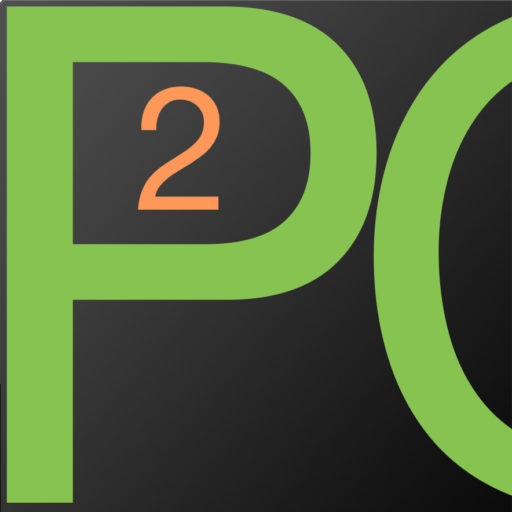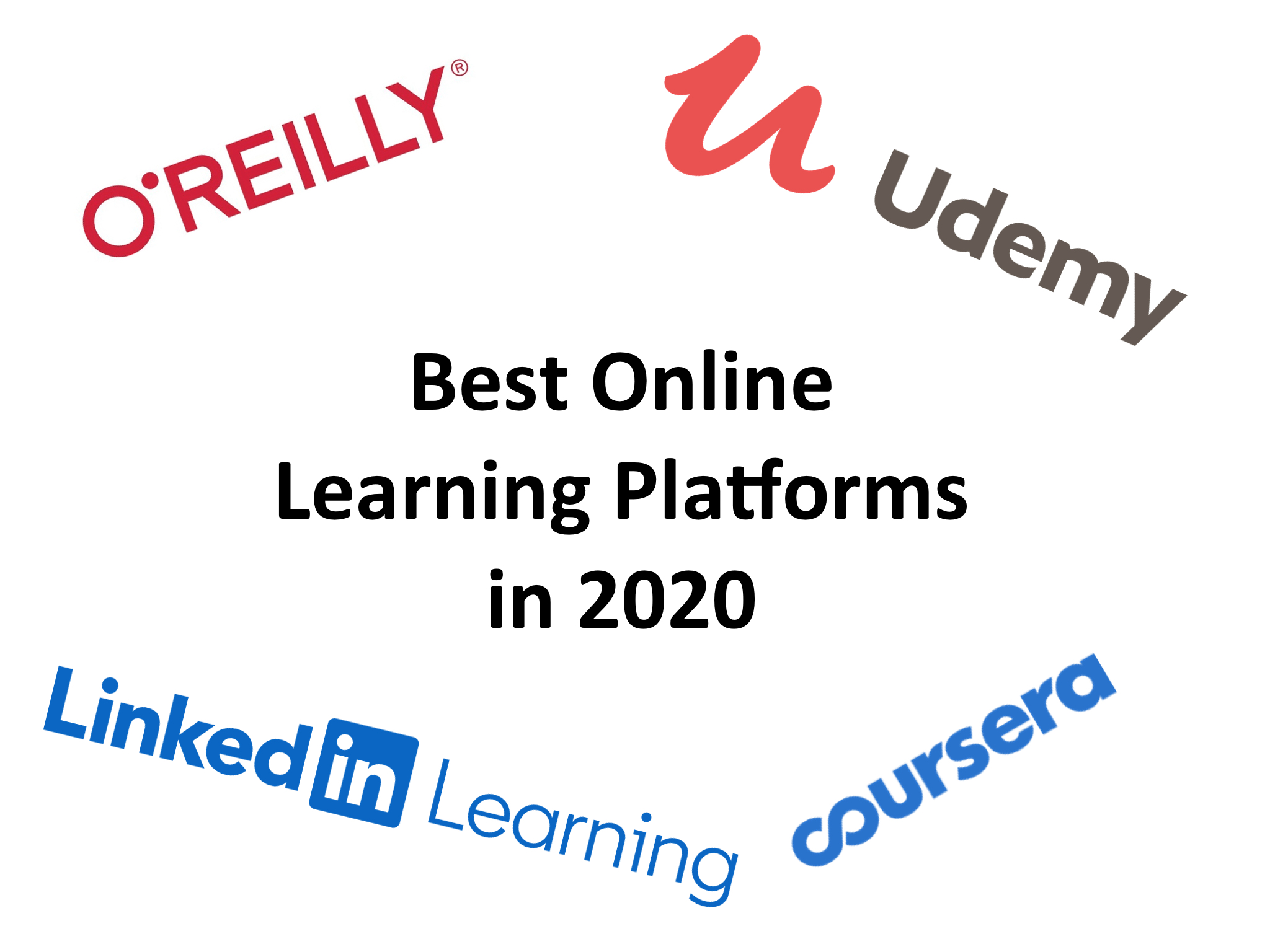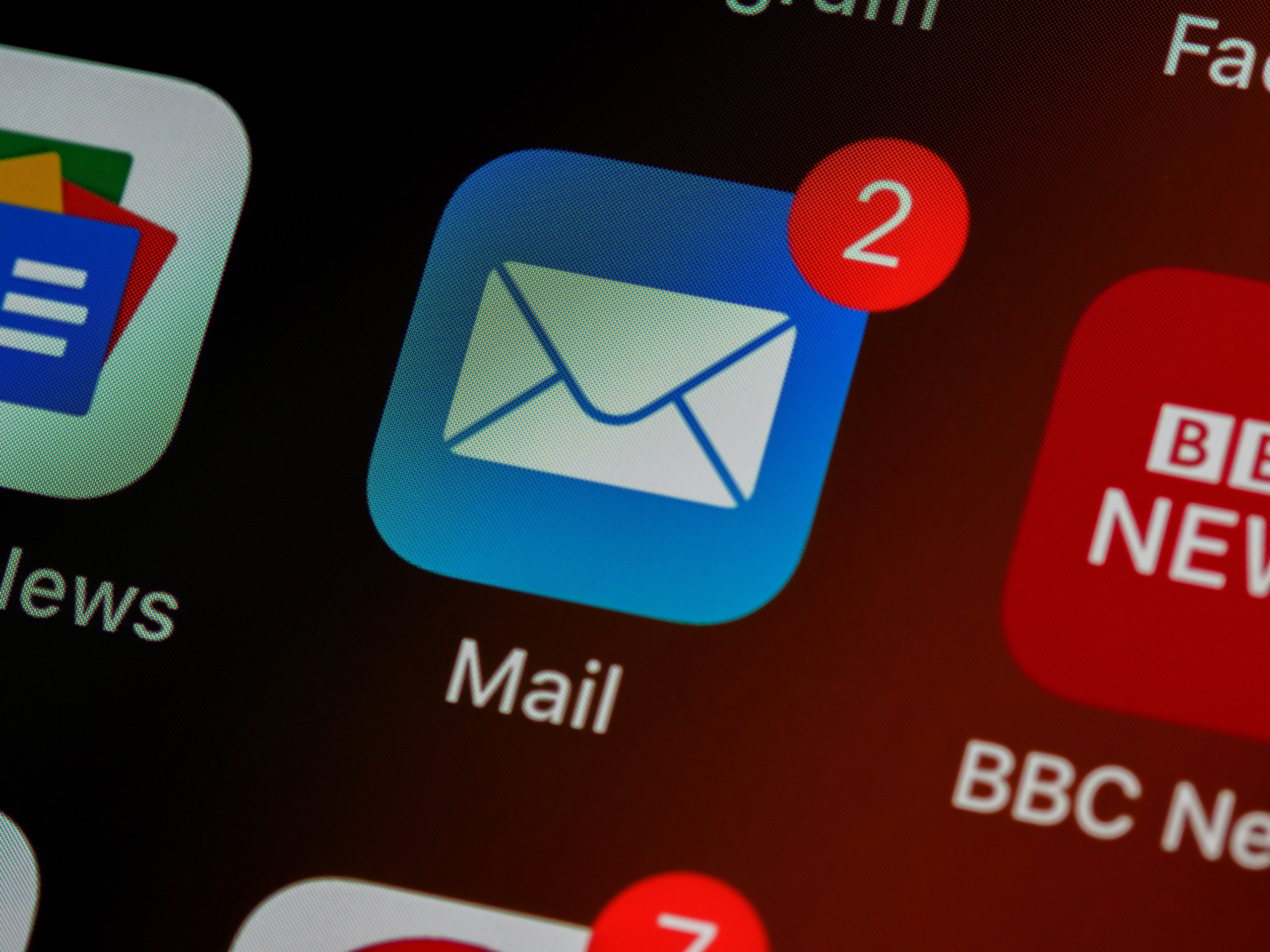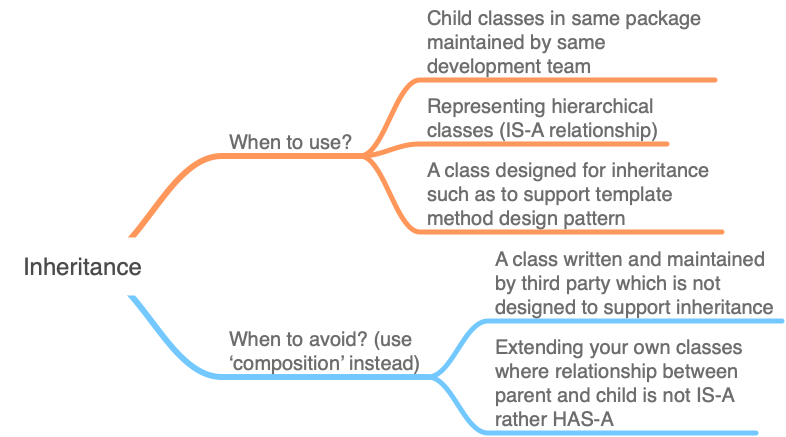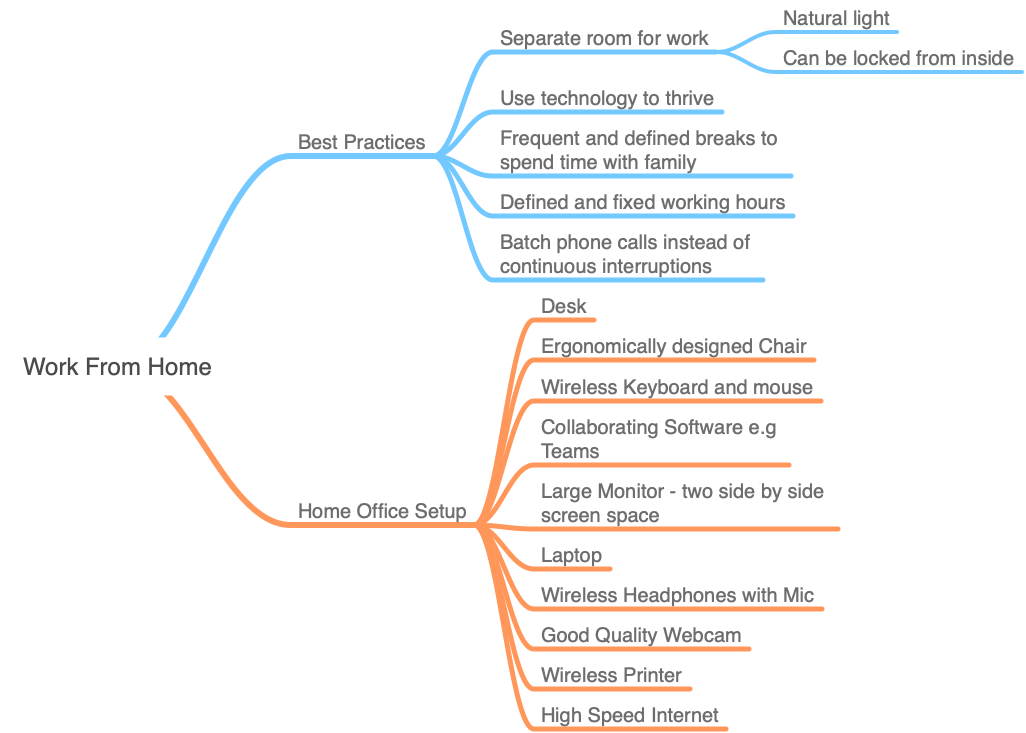Tell me and I forget. Teach me and I remember. Involve me and I learn.
– Benjamin Franklin
When we get a new book we become exited about lot of things. We get excited about all new topics we will learn. We get excited about the the impact it will bring to our quality of work and to our life as a whole. We become optimistic about its potential to change our future. Yes, indeed a book can be as impactful as we can think of it. Starting something new always brings so much enthusiasm.
But very often the enthusiasm lasts for a long time, at least not long enough to create an impact. We often get bored after reading a few chapters if not new pages. Our friends and colleagues tell us about a new best selling book they have read and we cannot resist the temptation to get our hands on the same. At least I used to do the same for a long time until I tried to look back and find an answer.
I call it book hopping syndrome and this can happen due to following reasons:
- We often start a book without creating a learning plan. We start reading a book with the intent of reading it cover to cover which is seldom productive or required in the first place.
- When we start a book we don’t have a clear expectation from the book, i.e. we are not clear about what we want to achieve with the information available in the book.
- We don’t try to implement newly acquired knowledge to some practical project or to relate the message conveyed in the book with our own experiences and surroundings.
- We don’t research enough to find out reviews on the book and other books available in the market on the same topic. Therefore, we often don’t pick-up the best book available in the market that suits our purpose.
Acknowledging a problem or being aware of a problem is the first and most important step towards solving that problem. So, how can we get rid of this book hopping habit? I found the following steps useful:
- Before we start reading a book, you must question yourself about what you expect to achieve from the book. Why you want to read a book is the first thing you have to be clear about.
- There will be little benefit in reading a best selling book on C++ if your goal is to create an iOS app. If you can clearly visualise the end product you are going to build with the help of a book, your expectations from the book will be clear.
- Once you are crystal clear about your learning goal, you have to do research on the best resources available in the market. For books, Amazon is the best place to look for books on any topic with best user reviews.
- However, you should not pick only one book as one book cannot cover everything. Most of the times some chapters of a book will be best while some chapters will not cover everything you need.
- In Amazon, you can preview the contents section of the books. That will give some insight about the topics covered in each chapter.
- I don’t recommend reading a book cover to cover. You should first go through the contents to get an idea of depth and breadth of the topics covered. This will also give an idea about the volume of content you need to cover.
- Once you know the scope of the topics, you must create a realistic learning plan. I generally take a printout of the contents form each book I shortlist for a topic. Then I put a tick against the chapters I want to read from that book. After that I put a day number (Day 1, Day 2…Day n) against each chapter.
- This activity gives me an idea about how much time is required to learn the topic and plan accordingly.
- Learning plan should also include implementation plan. If you don’t apply your learning straight away, your learning will be incomplete. If you apply your newly acquired knowledge to some real project, your understanding will be crystal clear, you are likely to relain more of what you have learnt and less likely to quit before finishing.
I hope this article will increase your learning efficiency to some extent. Best of luck and happy learning. Stay tuned for more exiting articles.
